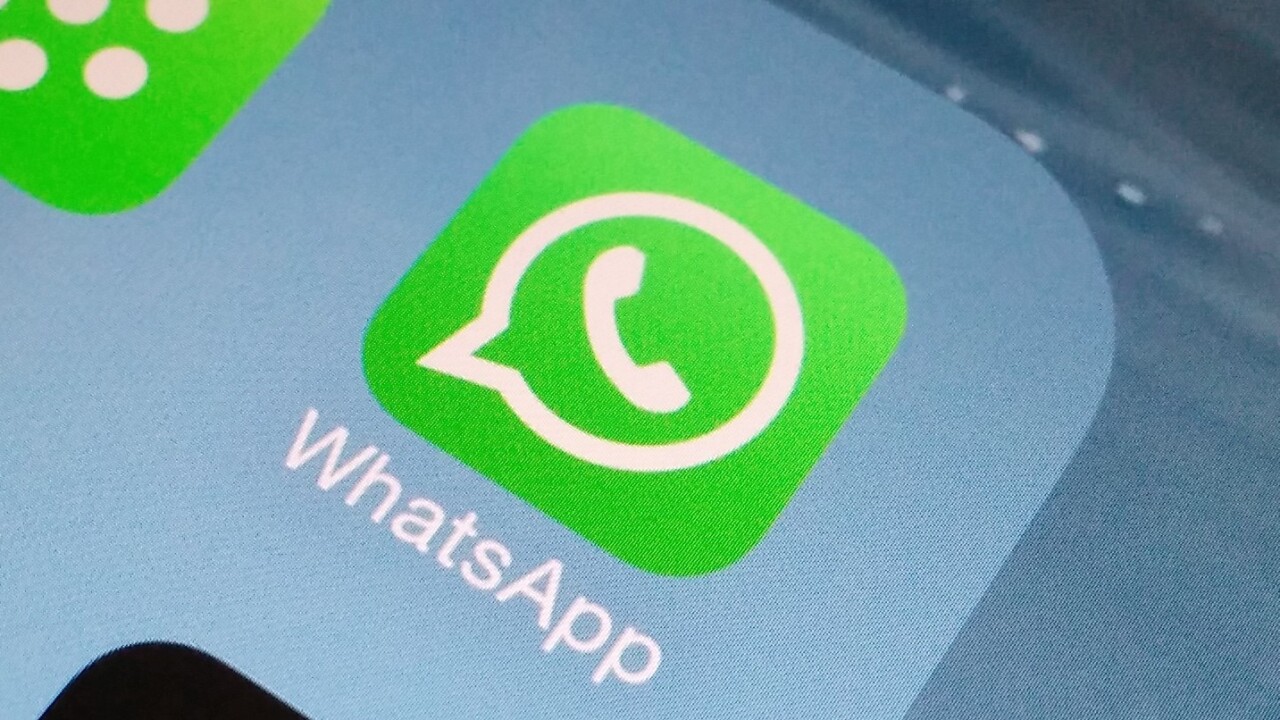
Whatsapp is reportedly testing a new feature designed to curb the proliferation of spam chain letters throughout the service.
The feature, which was spotted by Whatsappen.nl and WABetaInfo, warns users that certain messages have been “forwarded many times”. This warning, which is displayed to both senders and recipients, makes no claim to the messages authenticity, but serves as a tell-tale clue that the message perhaps isn’t exactly kosher.
WABBetaInfo, which spotted the feature, gave an example of a hoax chain-mail message that prompts the warning:
WhatsApp is going to cost us money soon. The only way that it will stay free is if you are a frequent user i.e. you have at least 10 people you are chatting with. To become a frequent user send this message to 10 people who receive it (2 ticks) and your WhatsApp logo should turn Red to indicate a frequent user.
It’s not immediately clear the scale of these tests. Neither is it clear whether WhatsApp intends this to be a permanent addition to the service.
It’s clear, however, that this is yet another measure enacted by the company against the scourge of spam and fake news. This is an ongoing issue for WhatsApp, and is the source of several headaches. In India, where the service is overwhelmingly dominant, the issue is endemic.
One thing that’s striking about this is the gentle tone struck by WhatsApp. Previous efforts by Facebook to address fake news on the platform were bolder. Facebook referenced fact-checkers, and visually marked such content as suspect.
Here, the company is merely saying that it’s been “forwarded many times.” There’s perhaps an element of wisdom here. Facebook’s effort largely backfired, and is believed to actually reinforce people’s belief in the hoax content.
It’ll be interesting to see how effective WhatsApp ultimately is. Chain letters are nothing new. They have a long and sordid history. As early as the 1920’s (and perhaps before), people received letters that prompted them to “Copy this out and send to nine people whom you wish good luck.”
The Internet increased the proliferation of these hoaxes, starting with chain emails in the 1990’s. WhatsApp is merely continuing this trend. It remains to be seen if softly nudging users is enough to change their behavior.
Get the TNW newsletter
Get the most important tech news in your inbox each week.




